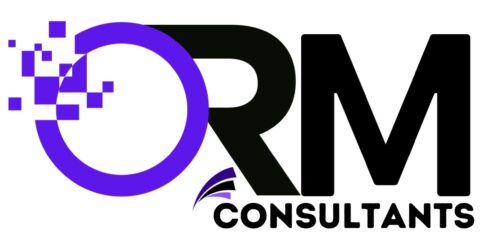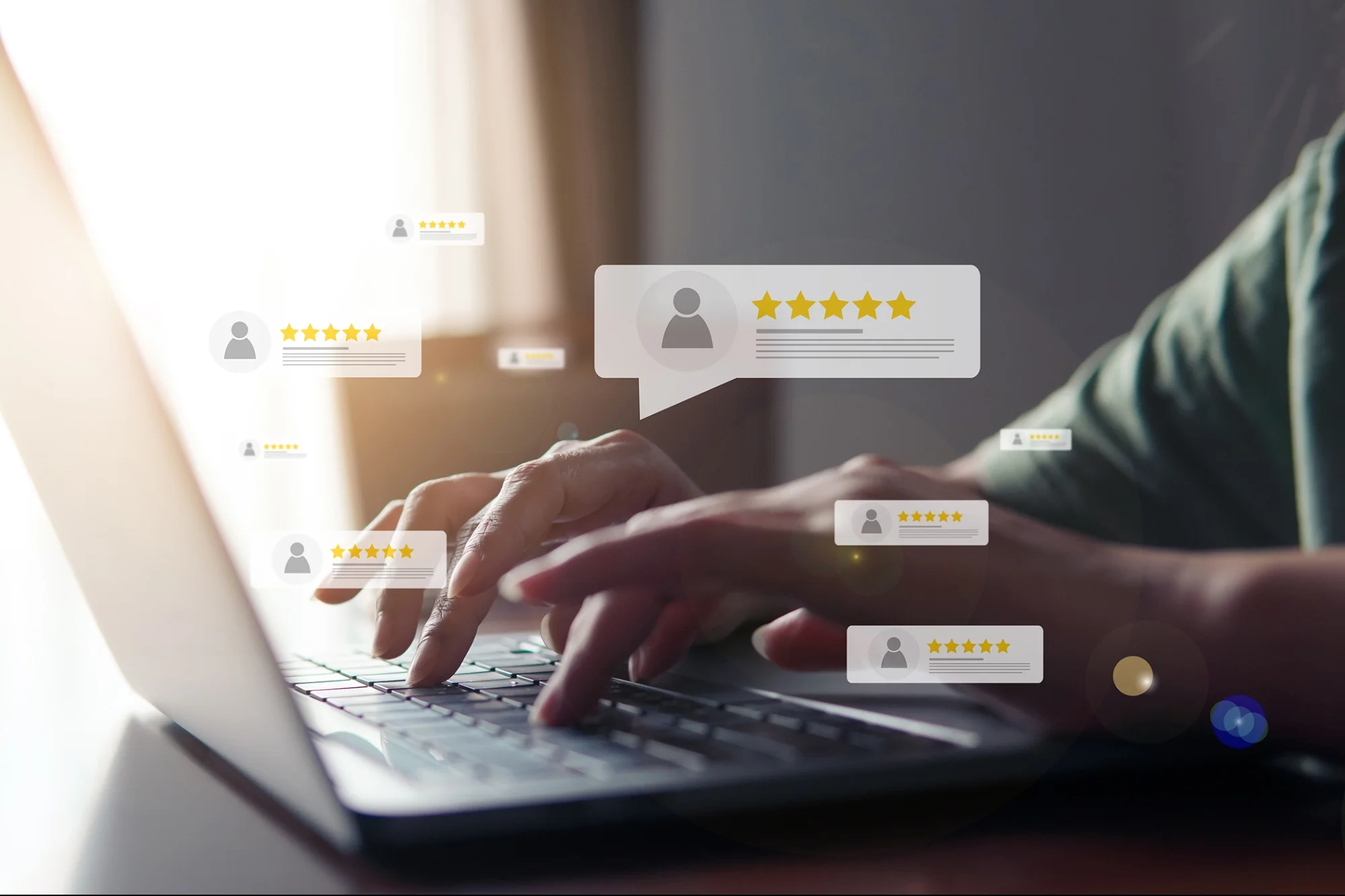Introduction: Your Digital Footprint Never Fades
The moment you post, tweet, review, or even get tagged in a photo—your online reputation begins forming. It’s more than your social media presence. It’s your digital identity, and it determines how the world sees you: as trustworthy, credible, controversial, or careless.
For businesses, professionals, and even students, your online footprint influences everything—from job opportunities and partnerships to customer trust and public perception.
In a hyper-connected world where Google often forms the first impression, maintaining a strong online reputation is no longer optional—it’s essential.
The Fragility of Reputation in a Viral Age
Today, reputation is built (and broken) at the speed of a share button.
A single tweet, blog comment, or Facebook rant can spiral out of context and go viral, dragging your name or brand into controversy—even when the claims are untrue or exaggerated.
Real-World Example:
In 2021, a popular restaurant in New York faced backlash after a single negative TikTok video accused the manager of racial profiling. Within 24 hours, the restaurant’s Google rating dropped by over 1.5 stars, and they lost thousands in canceled reservations—even before they had a chance to respond.
That’s the power of online reputation—and the danger of losing control of your narrative.
What Shapes Online Reputation? More Than You Think
Online reputation is not just what you say about yourself, but what others say about you—and what Google reflects to the world. Here are the major elements:
1. Social Media Activity
- Every post, like, or comment can be screenshotted, reshared, and misinterpreted.
- Sarcasm, political opinions, and memes can become liabilities.
2. Search Engine Results
- Your name or brand’s search results include blogs, images, press coverage, and reviews.
- Old, outdated, or defamatory content can appear on the first page for years.
3. Online Reviews & Ratings
- Platforms like Google, Yelp, Trustpilot, and Glassdoor hold enormous sway.
- Even fake or exaggerated reviews can seriously damage public trust.
4. Media Mentions
- Articles, news reports, and online forums can either reinforce or destroy your credibility.
- Negative coverage—even from years ago—can resurface and spread quickly.
The Ripple Effect of a Damaged Online Reputation
Here’s what’s at stake when your reputation takes a hit:
➤ Lost Opportunities
Potential clients, employers, and collaborators will search your name. If the first thing they see is negative content, you’re unlikely to hear from them again.
➤ Drop in Revenue
Businesses with poor online reputations can lose up to 70% of potential customers due to negative reviews and bad press.
➤ Eroded Trust
Once credibility is questioned, it’s hard to rebuild. A damaged online reputation can take years—and tens of thousands of dollars—to repair.
➤ Emotional and Psychological Impact
It’s not just professional—your personal life can be affected too. Online shaming, doxxing, and public judgment can lead to anxiety, depression, and social isolation.
Reputation Management Isn’t Just for Celebrities Anymore
While public figures have long hired PR teams to manage their image, Online Reputation Management (ORM) is now vital for everyday people, small businesses, freelancers, and executives.
Whether you’re:
- A student applying to university
- A professional building a LinkedIn presence
- A small business trying to attract local customers
- Or a doctor with one unfair review
You need a solid strategy to maintain, protect, and enhance your online presence.
7 Powerful Strategies to Take Control of Your Online Reputation
1. Monitor Your Digital Presence
You can’t fix what you don’t know. Regularly Google your name, brand, or business. Set up Google Alerts for any new mentions. Use social listening tools like Sprout Social or Brandwatch to stay on top of conversations.
2. Claim & Optimize Your Profiles
Secure your digital real estate:
- Create and verify profiles on Google, Facebook, LinkedIn, Twitter, etc.
- Fill in accurate information.
- Use high-quality visuals and consistent branding.
3. Respond to Reviews and Comments Professionally
Whether positive or negative, always respond. Acknowledge concerns, thank reviewers, and show a commitment to improvement. Never get defensive—it only adds fuel to the fire.
4. Publish Positive Content Consistently
Flood the web with content that reflects your values and expertise:
- Blog articles
- Guest posts
- Testimonials
- Press releases
- Case studies
This helps push down unwanted search results and shapes your narrative.
5. Manage Privacy Settings Carefully
Tighten up who can tag you, view your posts, or comment on your content. Don’t overshare personal details, and avoid emotional rants on public platforms.
6. Remove or Suppress Harmful Content
If defamatory or outdated content appears in search results:
- Request removal from the website.
- Submit removal requests to Google (if applicable).
- Hire ORM professionals to suppress harmful links using SEO and content strategies.
7. Invest in Professional ORM Services
If your reputation is severely impacted, don’t wait. Hire an ORM firm to:
- Monitor threats in real-time
- Remove negative content
- Improve search rankings
- Protect your identity across platforms
When Should You Seek Expert Help?
You may need professional reputation repair services if:
- Negative search suggestions appear with your name (e.g., “[Your Name] scam”).
- Outdated arrest records or false news stories rank on Google.
- Reviews you know are fake are damaging your ratings.
- Your business is suffering due to digital attacks or smear campaigns.
A professional ORM team can deploy legal strategies, content suppression, and search engine techniques to help restore your online reputation quickly.
Real-Life Example: The Cost of Doing Nothing
A London-based therapist faced a sudden influx of one-star Google reviews from fake accounts. Despite reporting them, Google didn’t remove them immediately. She lost three high-paying clients, and her clinic’s inquiries dropped by 60% in 2 weeks.
She then invested in ORM services, which helped:
- Push positive blogs and testimonials up in Google
- Flag and remove fake reviews
- Publish guest content on health platforms to re-establish credibility
Within 3 months, her ratings recovered—and so did her client base.
Your Reputation Is a Living Asset—Treat It Like One
Just like you wouldn’t ignore a leaking roof or a failing engine, your online reputation deserves maintenance. It’s not just about crisis control—it’s about strategic growth, brand consistency, and trust-building.
Whether you’re an individual or a global company, your digital identity is one of your most valuable assets. The time to manage it isn’t after the damage is done—it’s right now.
Conclusion: Control the Narrative Before It Controls You
In today’s hyper-connected world, silence isn’t safety. Ignoring your online reputation gives power to critics, trolls, and outdated information. But with the right strategies, tools, and mindset, you can take control.
Remember: reputation is earned—but online, it also must be managed.
Start building your digital legacy with intention—because what Google says about you could be the difference between opportunity and obscurity.




Leave A Comment